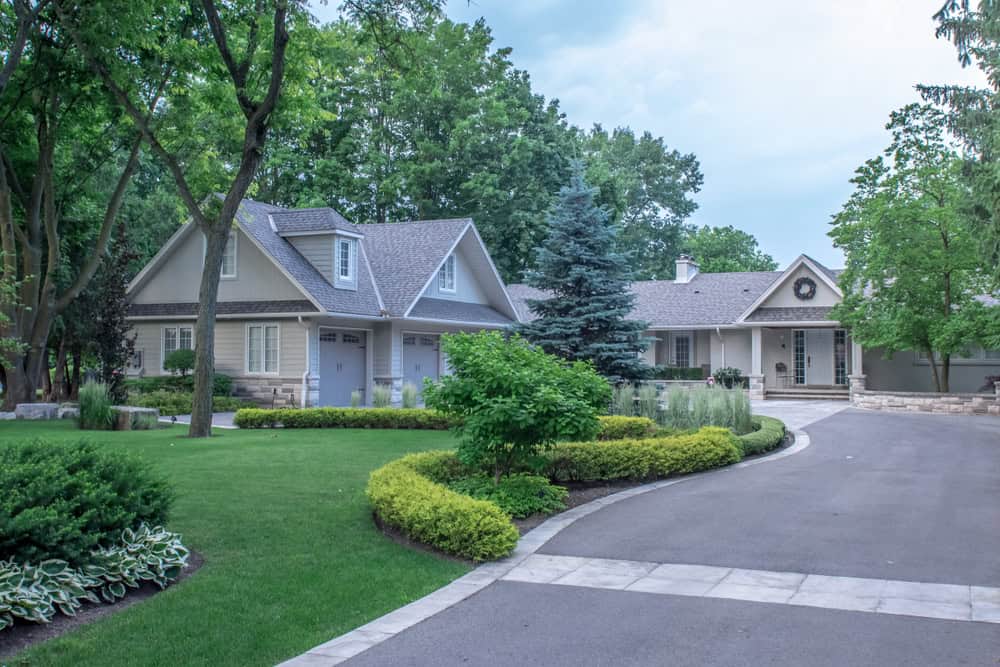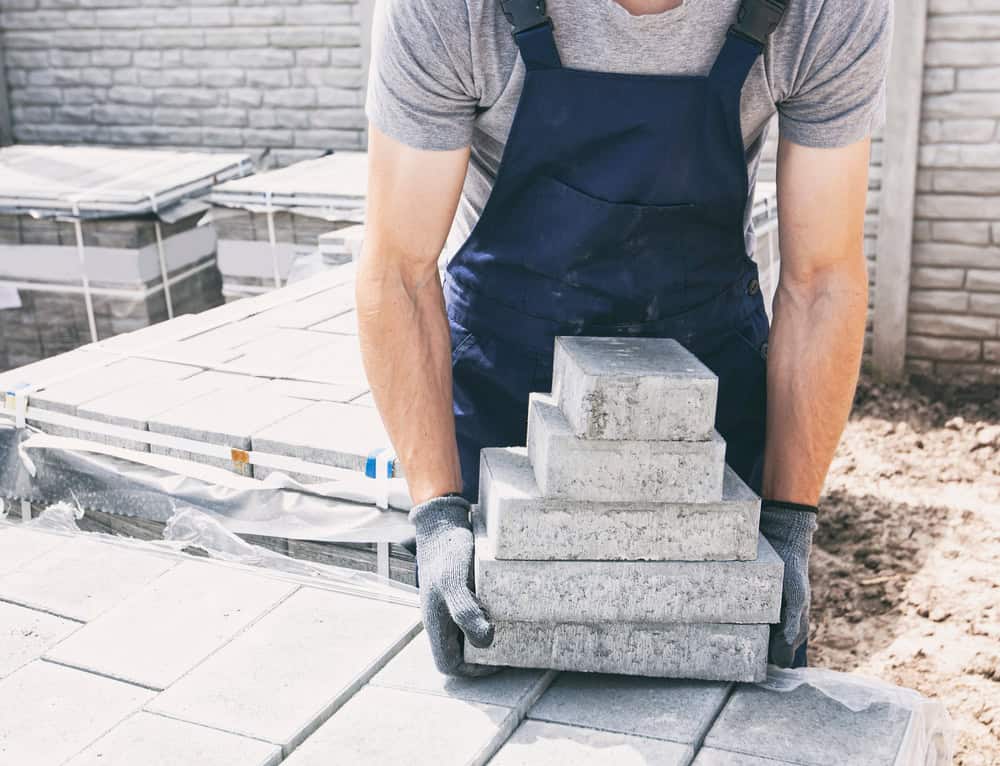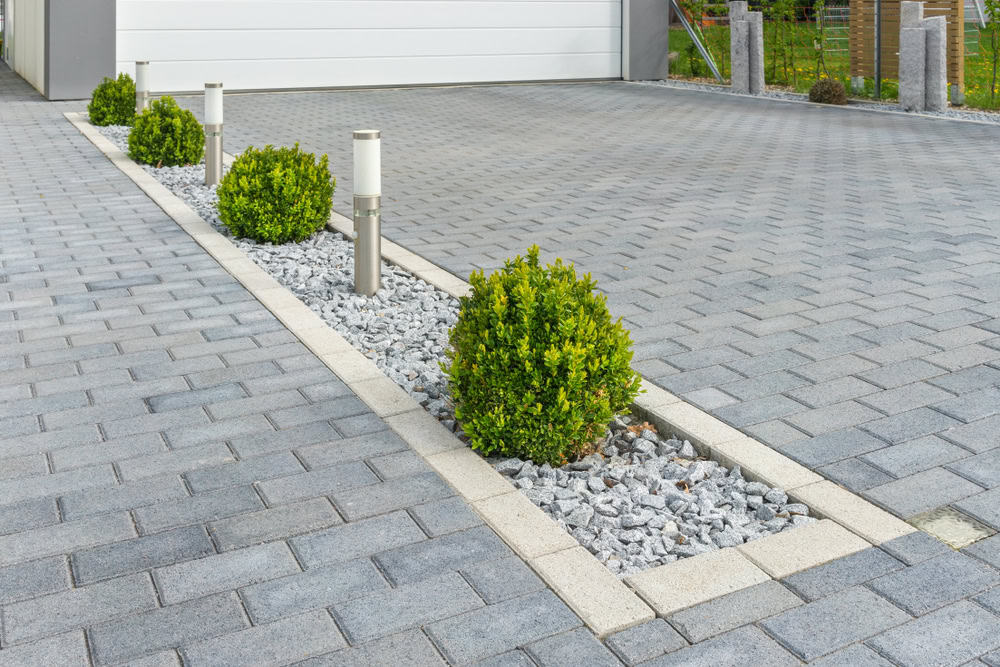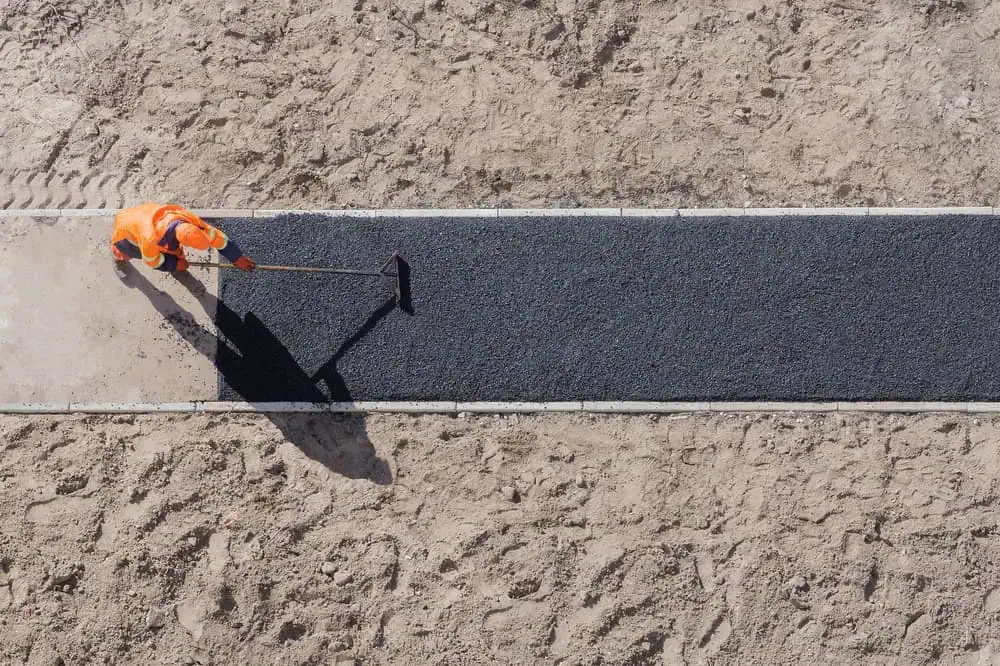Professional paver installation that handles New England weather and looks stunning for decades.


You want an outdoor space that looks great now and still looks great in ten years. That means proper base preparation, correct drainage, and materials that can handle our freeze-thaw cycles without cracking or shifting.
When paver installation is done right, you get a patio or driveway that requires almost no maintenance. No annual sealing like concrete. No replacing broken sections every few years. Just occasional sweeping and maybe some sand between joints every couple of years.
The difference shows up in year three when your neighbor’s concrete starts cracking while your pavers still look like they were installed yesterday. That’s what happens when the installation is done by someone who understands New England conditions and doesn’t cut corners on the foundation work.
Academy Masonry has been handling paver installations in Ashland and surrounding areas for years. We understand the clay soil conditions here and how they affect drainage and settling.
Most paver failures happen because the contractor didn’t account for local soil conditions or rushed the base preparation. We’ve seen too many jobs where homeowners had to start over because the first contractor didn’t do the groundwork properly.
Every project we take on gets the same attention to proper excavation, base material, and drainage that prevent the problems we see other contractors leave behind.

First, we excavate to the proper depth based on your soil conditions and intended use. For patios, that’s typically 8-10 inches. For driveways that will see vehicle traffic, it’s deeper.
Next comes the base layer – compacted gravel that creates the stable foundation your pavers need. This step determines whether your installation lasts two years or twenty years. We use a plate compactor and check for proper drainage slope.
Then we install edge restraints to keep everything in place, add the sand leveling layer, and place your pavers according to the pattern you chose. Finally, we sweep polymeric sand into the joints and compact everything one more time.
The whole process typically takes 3-5 days depending on project size, and we clean up completely each day so your property stays usable during installation.

Ready to get started?
Every paver installation includes proper excavation, compacted gravel base, edge restraints, sand leveling bed, and polymeric sand joint filling. We also handle any necessary drainage corrections and ensure proper slope away from your house.
You’ll get a detailed estimate that breaks down materials and labor so you know exactly what you’re paying for. No surprise charges for “unforeseen” issues that any experienced contractor should anticipate during the initial assessment.
We source pavers from local suppliers who stock materials designed for our climate. That means you have plenty of options for colors and patterns, but everything we install is tested for freeze-thaw durability and slip resistance.

Local Resources